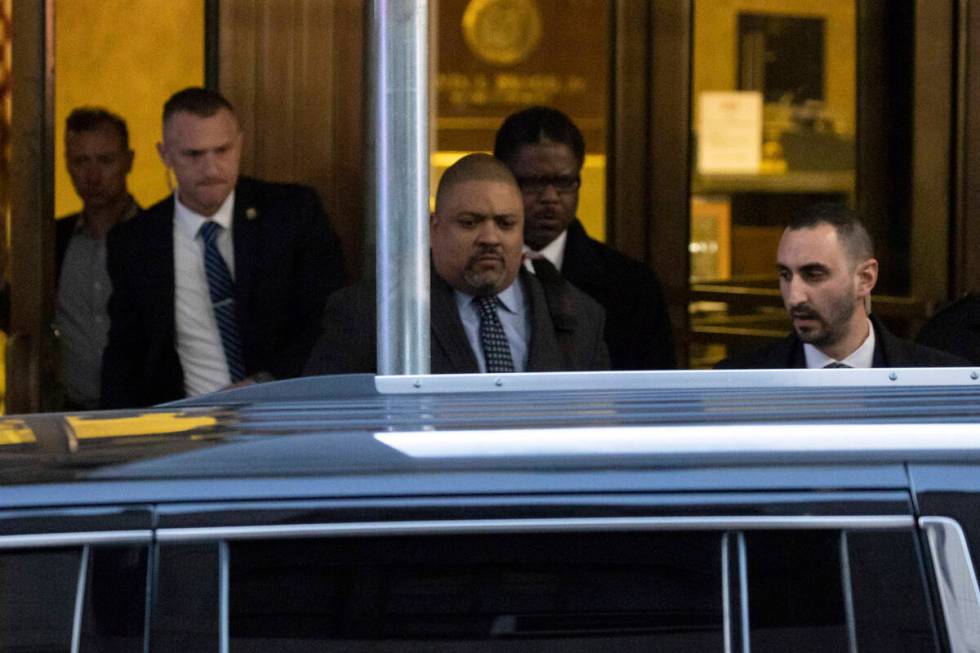RICH LOWRY: Alvin Bragg makes history — preposterously

Alvin Bragg is to be commended for getting to trial on the Trump hush payments case.
Lesser prosecutors would have been daunted by the prospect of creating a national melodrama and a norm-breaking prosecution of a former president over what is, in essence, a misdemeanor business-records charge. They would have blanched at relying on serial perjurer Michael Cohen as a star witness. They would have been reluctant to torture the law to stretch the statute of limitations just far enough to cover the events in question, and they would have been too embarrassed by the chronological difficulty involved in arguing that events in 2017 influenced the 2016 election.
This is why federal prosecutors and Bragg’s predecessor took a pass on this case, but Bragg wasn’t going to let mere legal inadequacy stop him. If all goes as planned for Bragg, before long he’ll be known as the Manhattan DA who goes easy on men who punch old ladies on subway platforms but is hell on bookkeeping offenses that don’t harm anyone, not even the tax collector.
The trial is all about Trump, but the most important piece of the puzzle is Bragg, because no one else with an ounce of judgment would have brought this case. It involves a $130,000 payment from former Trump fixer Cohen to porn actress Stormy Daniels before the 2016 election to keep her quiet about an alleged affair she had with Trump a decade earlier. Such a hush payment may be sleazy, but there is nothing illegal about it.
The underlying offense occurred later, when Trump reimbursed Cohen in 2017 and misleadingly booked the payment not as the reimbursement of a debt but as an ongoing legal expense. This was not to evade taxes — in fact, the amount paid to Cohen was doubled to account for his paying taxes on the reimbursement.
If this alleged crime doesn’t shock your conscience, the drafters of the relevant New York statute agreed — they made it a misdemeanor. This is when Bragg showed creativity verging on brilliance, as he found a way to redefine the misdemeanor into a felony by arguing that the underlying offense was in furtherance of another crime, namely a violation of federal campaign-finance laws.
Never mind that the hush payment does not constitute any of the things that are traditionally defined as campaign expenses — advertising and the like. Never mind that if Trump had paid Daniels from his campaign coffers, his enemies would be contending that he had misallocated campaign funds for personal purposes.
By redefining Trump’s offense as a felony, Bragg got several years back on the statute-of-limitations clock. He then charged basically every keystroke related to these payments as a separate offense, making a misdemeanor into 34 felonies.
Meantime, the facts don’t come close to fitting Bragg’s underlying theory. Bragg says Trump orchestrated a scheme to influence the 2016 election “from August 2015 to December 2017.” Is Bragg hoping that no one notices that the election was held in November 2016 and that the reimbursement of Cohen’s payment, which this case is about, occurred after that date?
It’s likely that none of this is going to matter, because the New York legal system is so stacked against Trump. Still, it’s possible that the former president could wiggle off the hook. Anything less than a resounding victory will be a major embarrassment for Bragg, and it couldn’t happen to a better prosecutor.
Rich Lowry is on X @RichLowry.